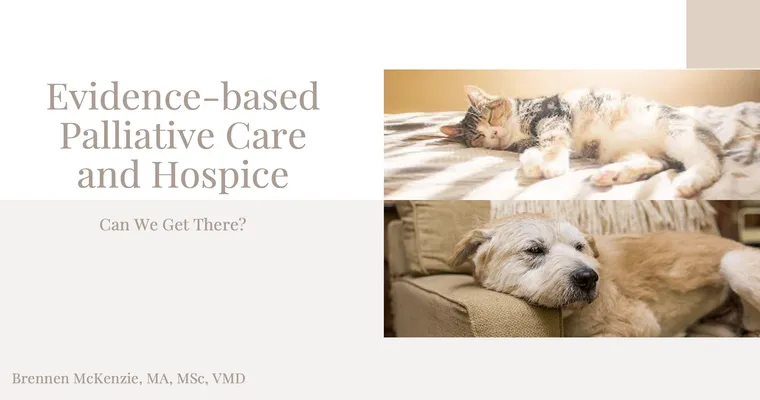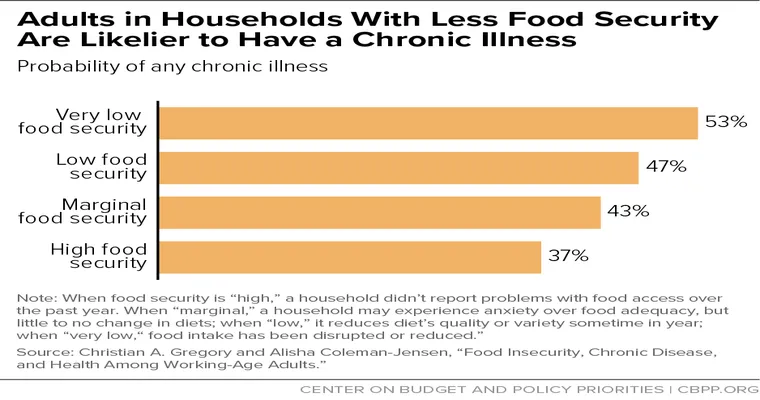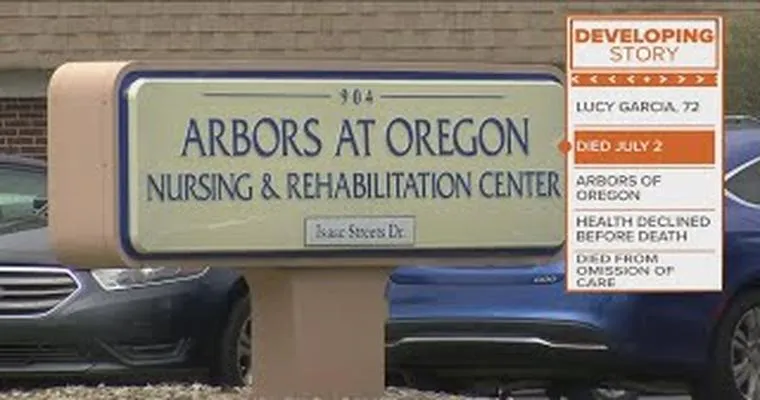When a loved one is placed in "hospice care", families expect compassionate support and appropriate medical treatment during a critical time. However, there are instances where families may question the quality of care provided, leading to concerns about "neglect". Understanding your rights and the legal options available is crucial for those who believe that their loved ones may have suffered harm due to inadequate care in a "hospice" setting.
Neglect in a hospice context can manifest in various ways, including failure to provide necessary medications, lack of proper hygiene, inadequate pain management, or not attending to the emotional and psychological needs of the patient. These situations can have serious consequences for individuals who are already in a vulnerable state. If you suspect that your loved one has experienced neglect, it is essential to document your observations meticulously.
Before considering legal action, it is advisable to address your concerns directly with the hospice administration. This can sometimes resolve issues without the need for litigation. However, if the response is insufficient or if the neglect continues, you may want to explore legal options. Consulting with an attorney who specializes in "medical malpractice" or elder law can help you understand the viability of your case.
In cases where neglect is evident, you may have grounds for a lawsuit. Common claims against hospices involve breaches of duty, where the staff failed to adhere to the accepted standards of care. To succeed in a lawsuit, you must establish that the hospice's actions or inactions directly resulted in harm to your loved one. This often requires expert testimony to demonstrate that the level of care provided was below the expected standard.
It is also important to consider the emotional and financial implications of pursuing a lawsuit. Legal action can be lengthy and costly, and it may take a toll on your family during an already difficult time. Therefore, weighing the potential benefits against the challenges is essential.
In conclusion, if you suspect that you have valid reasons to believe that your loved one has been neglected while in hospice care, you may have the option to sue for neglect. Gathering evidence, consulting with a qualified attorney, and understanding your rights can empower you to take the necessary steps to seek justice for your loved one. Always prioritize open communication with the hospice team and document all interactions to build a strong case should you decide to pursue legal action.





